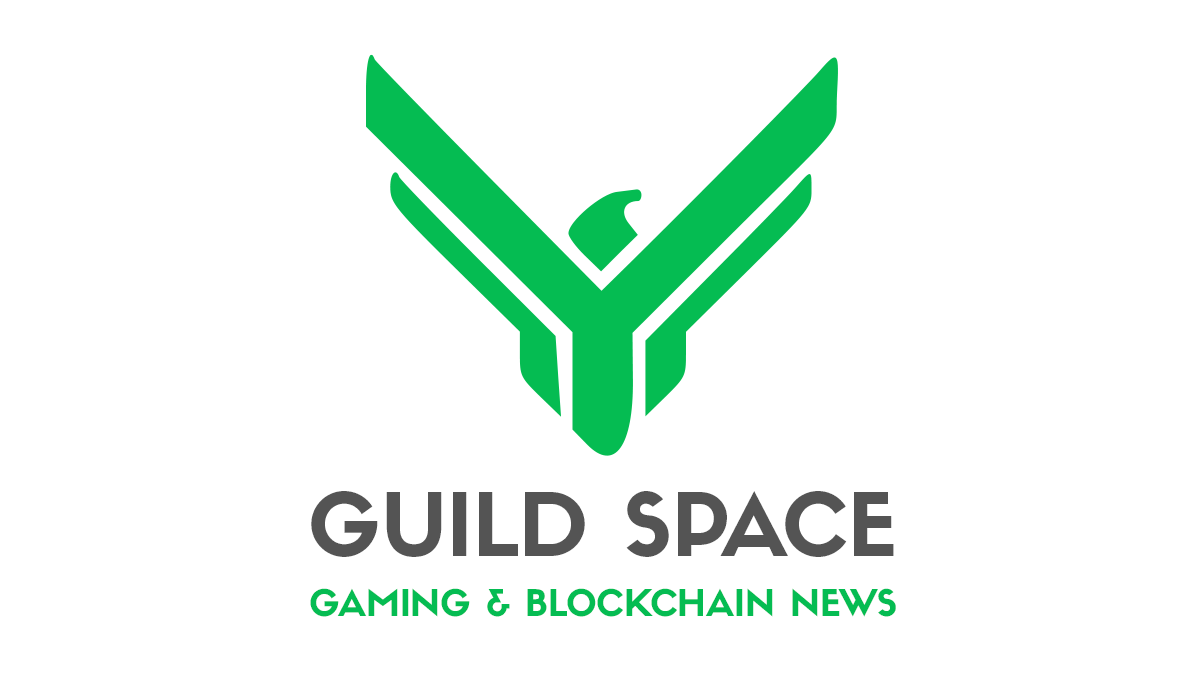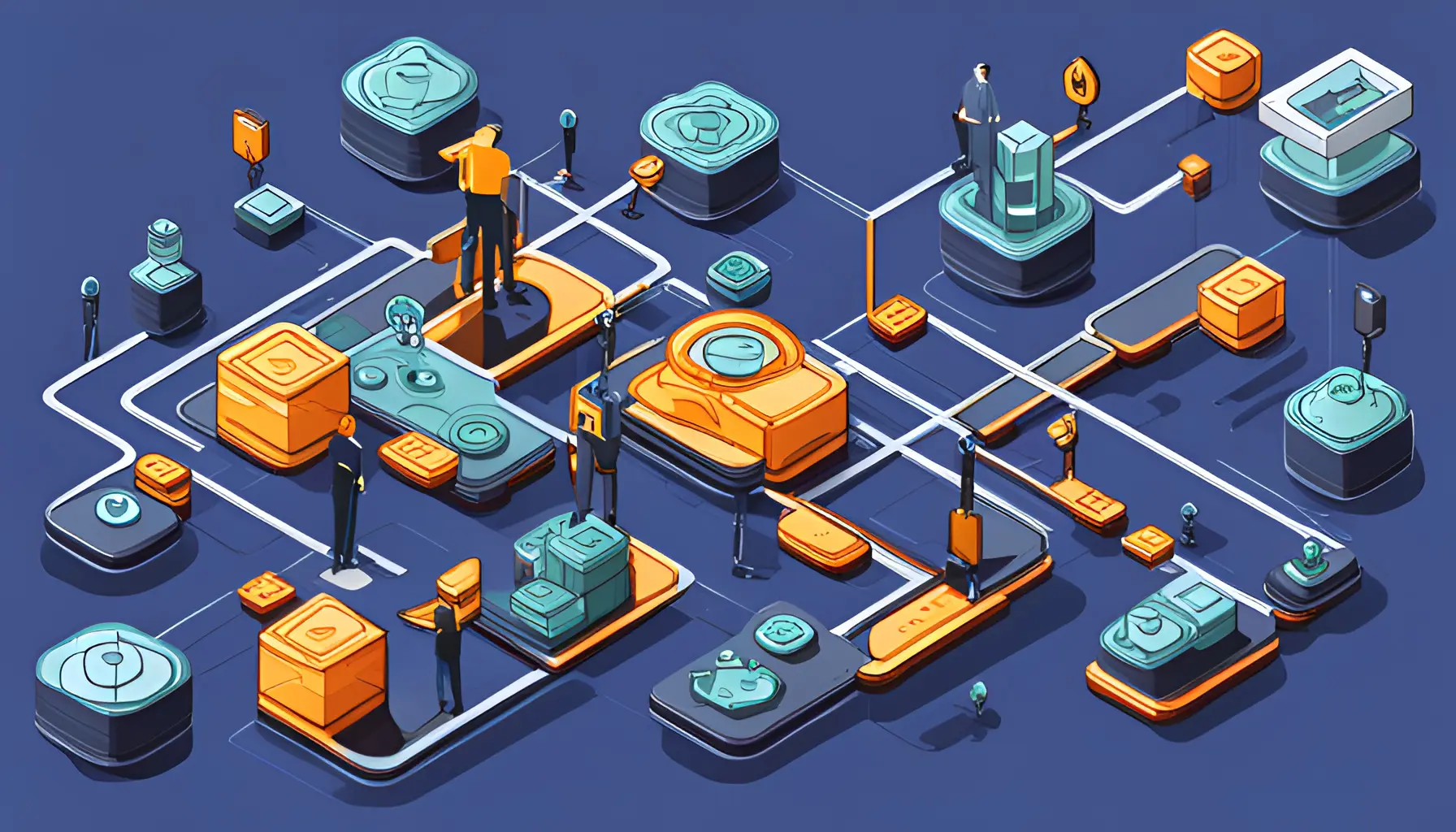Sharding in Blockchain Gaming: A New Horizon


As technology continues to advance and the amount of data to be processed and stored increases, there’s a need for new methods and approaches. One such approach is sharding technology, widely used in blockchain and promising for scaling gaming applications. Let’s delve into the world of sharding and understand how this technology works and how it could aid in the evolution of the gaming industry.
What is Sharding?
Sharding is a technology that breaks down a database into smaller, more manageable parts, called shards. Each shard is a separate database that can be distributed across different servers to enhance performance and increase query processing speed.
Application of Sharding in Blockchain
Sharding in blockchain functions similarly to databases. The blockchain is divided into shards, each containing a portion of the information. Thus, instead of each node in the network processing all transactions, processing is distributed across shards, significantly enhancing network speed and efficiency.
Sharding in Blockchain Gaming Applications
Blockchain gaming applications are gaining popularity year by year, but they also encounter scalability and performance issues. Here’s where sharding technology comes to the rescue.
By using sharding, game data, such as character information, inventory, achievements, etc., can be divided into shards and stored on different network nodes. This boosts data processing speed and allows the game to operate more smoothly and stably for players.
Conclusion
Blockchain sharding technology offers new possibilities for the gaming industry, enabling developers to scale their games and enhance the user experience. However, like any technology, sharding has its complexities and requires additional work to ensure security and stability. Nevertheless, the potential of this technology is apparent, and it’s likely to become a key element in future blockchain games.
Recent Posts
How to Manage an Online Community: Best Practices for Success
In today's digital age, online communities have become a pivotal aspect of brand building, marketing, and fostering user engagement. Proper…
The Future Smart Home: Automation, Energy Efficiency & Next-gen Technologies
Automation, Energy Efficiency, and Cutting-edge Technologies in Domestic Management. 1. Introduction In today's world, technology continues to become more integrated…
Building an Online Community: A Step-by-Step Guide
In today's digital age, online communities have become hubs for knowledge exchange, shared interests, and camaraderie. If you're thinking of…
Blockchain’s Revolution in Real Estate: Ushering in Transparency
Blockchain, originally known as the backbone technology of cryptocurrencies, holds potential far beyond the financial sector. One such area where…
Leveraging Graph Databases for Complex Data Structure Analysis: An Overview of Benefits and Application Methods
The contemporary data landscape is ever-expanding and becoming more intricate, and conventional analysis tools and methods often fall short in…
Leveraging Quantum Computers in Scientific Research: A Revolution in the World of Science
The emergence of the first working prototypes of quantum computers signaled a new era of scientific exploration. With a fundamentally…